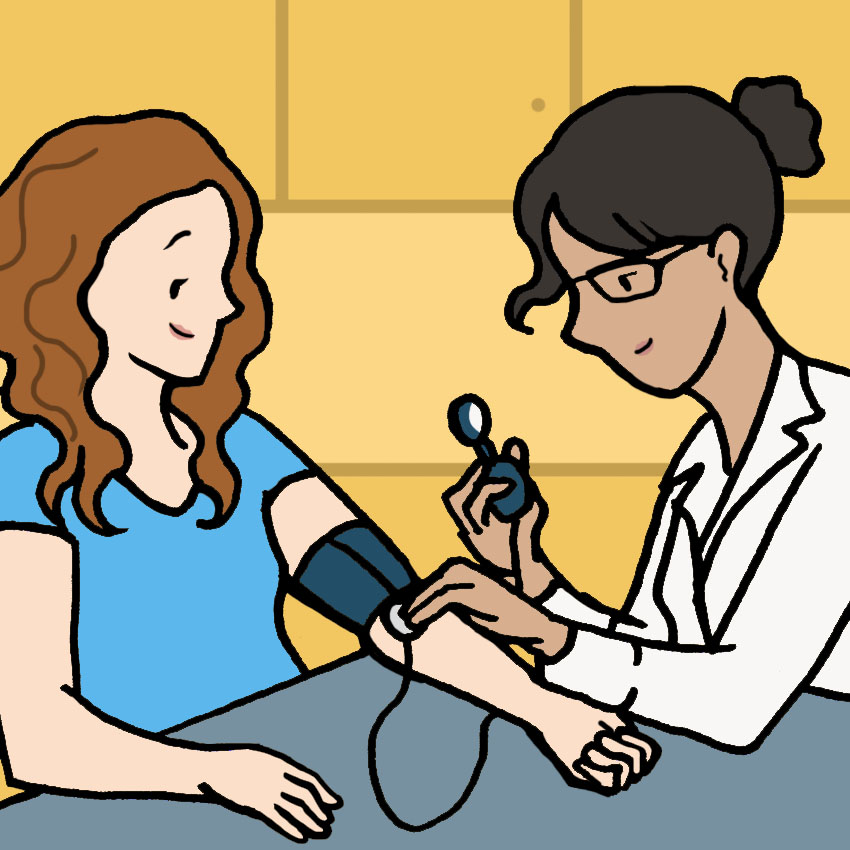These days, it feel like yogurt is the hottest new trend in food.
From smoothies to kefir to Greek yogurt, it can be dizzying to keep track of all the new varieties and flavors!
But did you know that yogurt is actually an ancient food, and that the benefits of yogurt have been well-documented over the years?
That's right, yogurt is the original superfood, with the credentials to prove it!
People tend to enjoy their yogurt as a creative addition to smoothies, desserts, and even innovative pasta dishes.
However, back in the day, yogurt got its start as a staple part of the Mediterranean diet, and was a popular element of cuisine across virtually the entire Asian continent long before it ever arrived at a high-end grocery store.
All those people had an excellent reason for eating so much yogurt. This delicious dairy product is worthy of the hype; not only is it tasty, it's absolutely teeming with healthy vitamins and minerals that improve your well-being!
Scroll through to learn more about the amazing health benefits of yogurt.
What Exactly Is Yogurt?

So what is yogurt, exactly?
This dairy product is most commonly produced using the milk of cows, sheep, and goats.
It's made by adding bacteria to the milk, which causes it to ferment, according to the Oxford English Dictionary.
The result is a semi-sour food that's made of milk solids and liquids. Historians believe it may have been invented by accident as much as 6,000 years ago, in central Asia.
Common varieties include traditional yogurt, Greek yogurt, skyr and kefir.
All types of yogurt are good for you, but might have slightly different health benefits, though traditional yogurt may have more calcium, while Greek yogurt offers less sugar and more protein.
Skyr is low in fat compared to other yogurts, and kefir, a drinkable product, is packed with extra probiotics.
Is Yogurt Good For You?

These days, yogurt is a popular snack food, often sold by the individual cup. However, there's some confusion about whether or not yogurt is good for you.
That's because yogurt is a dairy product, which means that it is naturally high in saturated fat.
Saturated fat is not good for you in large quantities, but the nutritional benefits of yogurt definitely offset the saturated fat it contains.
Besides, you do need a small amount of saturated fat in your diet!
Just don't overdo it. One 1 cup serving of yogurt every day is perfect, according to WebMD.
Why Is Yogurt Good For You? Benefit #1: Helps Your Digestion

First and foremost, yogurt is excellent for your digestive system.
That's because the bacteria that ferment the milk are the same bacteria your gut needs to process food efficiently.
You've probably heard of probiotics. These are bacterias and yeast that are vital to gut health, and that naturally occur in yogurt.
If you have trouble keeping your bowels moving 'regularly,' adding a daily dose of yogurt can help your system work better.
Benefit #2: Boosts Your Immune System

Putting bacteria in your body on purpose might sound weird, but there's a difference between good bacteria and bad bacteria. Yogurt is full of the good stuff.
Not only does it help digestion, as noted above, it's actually excellent for your whole immune system.
When your immune system is exposed to good bacteria, it helps encourage your body to build up its defenses, so it's ready to fight when the bad bacteria come knocking.
In other words, yogurt might help you head off that icky cold or stomach bug before it gets going.
Benefit #3: Prevents Yeast Infections

Yogurt is full of natural yeast cultures. It sounds counterintuitive, but adding yogurt to your diet can actually help head off icky yeast infections in your 'downstairs' region.
Candida overgrowth in the vagina is a common problem for lots of women, and it usually happens because the vagina isn't acidic enough.
Adding yogurt yeast cultures to your diet can actually lower your vaginas pH considerably, which makes it a less hospitable place for candida to flourish.
Benefit #4: Reduces High Blood Pressure

You probably know that consuming the wrong foods can raise your blood pressure, because a diet high in cholesterol and fat creates build-up in your blood vessels, and narrows the space that blood can flow through.
Even though yogurt is a dairy food, it can still help reverse some of this build-up, as long as you are eating low-fat yogurt.
Eating 2-3 servings of low-fat dairy daily, including ordinary milk, has been demonstrated to reduce risk of high blood pressure in a small Spanish study.
Benefit #5: Halts Osteoporosis

Women take note: yogurt could help prevent bone loss.
Menopausal women are at especially high risk of developing osteoporosis, because the drop in estrogen also means that the body produces new bone at a slower rate.
Women in their menopausal years need to counteract the lack of estrogen by making sure they get plenty of calcium in their diets.
Calcium, which is found in high concentrations in yogurt, strengthens bones and contributes to building new bone growth.
Benefit #6: Helps You Feel Full

If you feel hungry as soon as you finish a meal, you may want to incorporate a daily cup of yogurt into your diet.
Most people feel hungry after eating because they're eating food that's insubstantial, like meals that are high in carbs and sugar, but low in proteins and complex fiber.
Yogurt can help fill you up faster, and keep your full longer, because it's packed full of dense protein that takes your body longer to process.
Incorporate yogurt, lean meat, complex carbs, and leafy greens into your diet for satisfying meals that will keep you content for hours.




